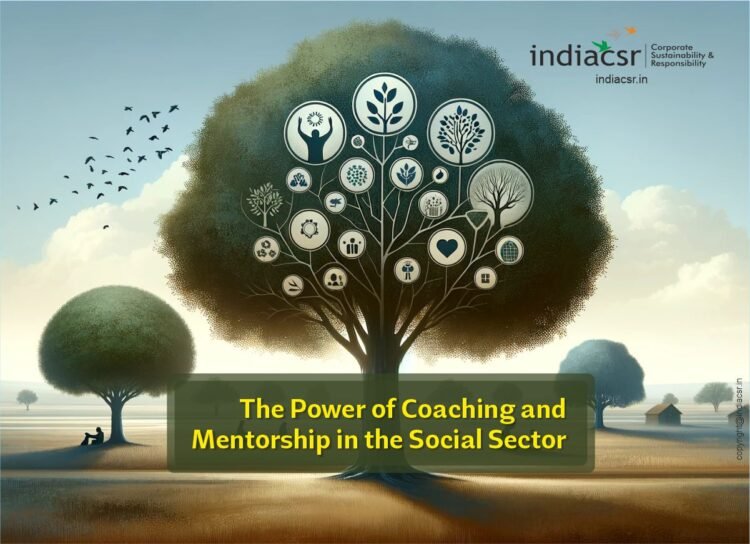By Disha Arora
We stand at a crossroads in an era defined by complex global crises—from health pandemics to climate catastrophes. The repercussions of these challenges ripple through societies, hitting hardest those least equipped to cope. Amidst these daunting realities, the imperative for work in the social sector has never been more evident. As we face extraordinary challenges, we also witness exceptional growth in the number of impact professionals working on complex social issues. The Centre for Social Impact and Philanthropy (CSIP) at Ashoka University and the Indian School of Development Management (ISDM) conducted a study highlighting the underlying reasons that attract most impact professionals to this sector.
It’s inspiring to see so many passionate individuals stepping up to make a positive impact. But it’s equally important to ensure that their efforts are guided by ethical, moral, and sustainable principles. Without this guidance, well-intentioned actions could inadvertently cause harm. I am honoured to serve as a Senior Fellow with the Banyan Impact Fellowship of the American India Foundation, where I have the privilege of mentoring 21 dynamic early-career social impact professionals from India and the US. This role holds a special place in my heart as it resonates with my deep commitment to nurturing the next generation of change-makers.
To ensure that our contributions are meaningful and effective, it’s vital to recognize the importance of coaching and mentorship for professionals in this field.
Untangle Dilemmas
During my early years in the social sector, I experienced firsthand the transformative power of mentorship. It’s a field rife with ethical and social dilemmas, such as how to distribute limited resources fairly or balance advocacy with neutrality. Having a mentor to guide young professionals through these challenges with integrity and empathy is invaluable.
The decisions we make not only affect the result but also have the potential to either alleviate or disrupt the lives of many. At such a crucial juncture in decision-making, it’s always helpful to have someone in such a situation who can guide young professionals to navigate these challenges with integrity, empathy, and awareness.
Dissecting the Multi-Dimensional Nature of Work in the Social Sector
The social sector operates within a multi-dimensional landscape where every issue is embedded within layers of other complex problems; young impact professionals must learn through a mentor to dissect these issues layer by layer and strategically solve each challenge individually. If you step out to improve the health situation of female sex workers (FSW) or men having sex with men (MSM) and inform them about STDs and HIV, achieving tangible results involves not only addressing the medical and scientific aspects but also facing the curveballs of social stigma, economic challenges of FSWs, hesitancy to disclose among MSM, etc.
Bias Reflection and Sensitization
We all carry inherent biases and prejudices shaped by the social environments of our upbringing. Over the years, these biases have become deeply embedded in our thought processes, behaviours, and mannerisms. However, the demands of working in the social sector necessitate rising above these biases and growing sensitivity and empathy toward the concerns of others. A mentor can play a crucial role in identifying and addressing these biases early in a professional’s career, fostering a more inclusive and unbiased work environment.
Nurturing Empathy and Compassion
In a sector that finds deep resonance with things that directly or indirectly affect humans, sympathy and compassion are paramount values required for a long, impactful career in the social sector. Coaches and mentors play a crucial role in fostering a genuine connection between young professionals and the communities they serve. This nurturing of empathy and compassion enables sector professionals to understand the nuanced needs of the vulnerable and underprivileged sections of society, hence serving society better.
For those in the social sector, the drive to contribute to noble causes is a powerful motivator. But to make a sustained, meaningful impact, it’s wise to seek guidance from experienced mentors. Coaching and mentorship are key catalysts in harnessing our potential, guiding us, and accelerating our journey toward impactful change.
About the Author

Disha Arora is an international development communications professional with 13 years of experience. She is currently serving as a Senior Fellow with American India Foundation.



























